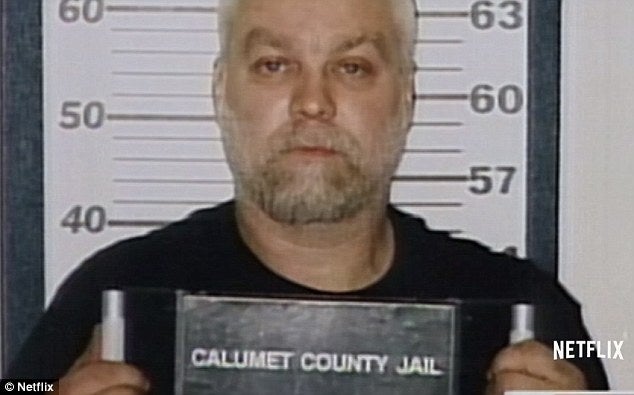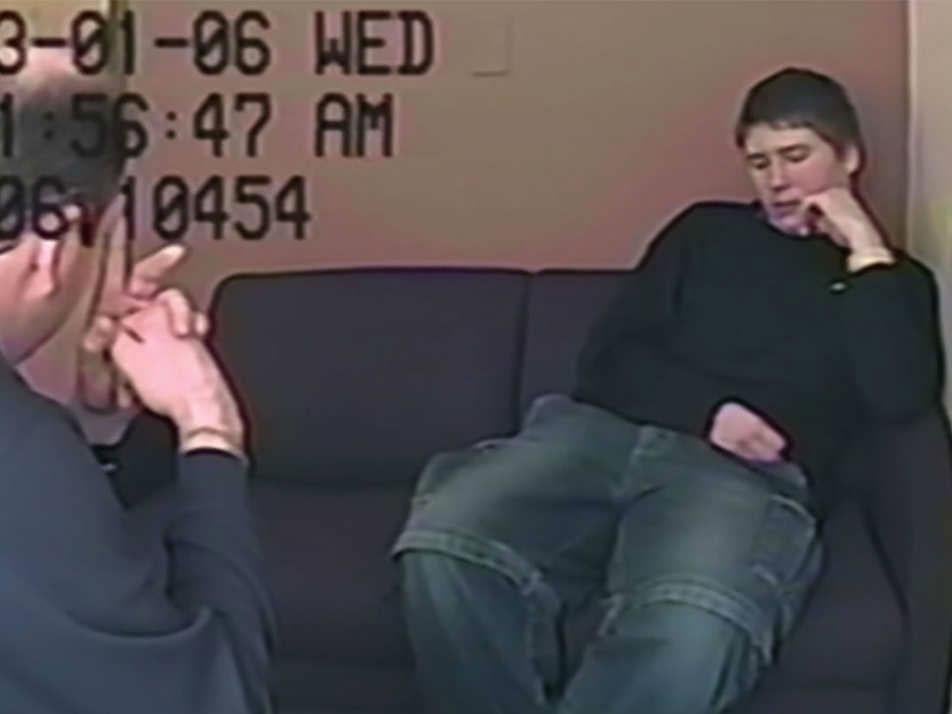Making a Murderer's Steven Avery makes new bid for freedom after nephew's conviction overturned
The move comes a week over a judge overturned the conviction of Avery's co-accused

A week after his nephew’s murder conviction was overturned, Making a Murderer’s Steven Avery is hoping to kickstart his own fight for freedom.
Last week, a federal judge in Wisconsin overturned the conviction of Brendan Dassey, a vulnerable young man who was six months shy of his 18th birthday when he was convicted in 2007 of the 2005 murder of photographer Teresa Halbach. The judge said there was insufficient evidence to support the conviction and criticised the performance of his lawyer.
Now, Avery’s lawyer is seeking to seize on the momentum and file a new legal motion to try and gain access to DNA evidence that was gathered from the scene of the crime and which she said was used to wrongly convict her client. She also plans to order new testing, some of which was not possible during the original trial, and raise the identity of an alternative suspect.

“There is evidence that already exists in the case that points to a different location and a different suspect,” Ms Zellner told the New York Times. “We’ve got a combination of forensic evidence and a tip from somebody that we’ve interviewed multiple times that we think is credible.”
The cases of Avery and his nephew, who were prosecuted separately, made international headlines late last year when they were the subject of a hugely popular Netflix documentary. The team behind Making a Murderer reported how Avery had been wrongly convicted of a rape and served 18 years in jail.
It also told how, as he sued the Manitowoc County and its sheriff for $36m in damages for wrongful conviction, he was accused of the murder of the young photographer, Ms Halbach.
Last week, the judge who reviewed Mr Dassey’ conviction said that a confession had been coerced from him after police made false promises.
The judge said that this, along with “Dassey’s age, intellectual deficits, and the absence of a supportive adult”, meant the confession was “involuntary”.
“Especially when the investigators’ promises, assurances, and threats of negative consequences are assessed in conjunction with Dassey’s age, intellectual deficits, lack of experience in dealing with the police, the absence of a parent, and other relevant personal characteristics, the free will of a reasonable person in Dassey’s position would have been overborne,” said Judge William Duffin.
The judge said that the state had 90 days to appeal against his overturning of the conviction. If there was no such appeal, Mr Dassey, now aged 26, would be set from from prison.

The prosecutor in both cases, Ken Kratz, said he was surprised by the judge's decision. “It is without question that this was an incredibly important public decision, and I think it will remain that for the foreseeable future. This isn’t the end of the Brendan Dassey case,” he told USA Today.
The chief prosector in Wisconsin has also said he is ready to defend 54-year-old Avery’s conviction.
“The attorney general and Wisconsin Department of Justice will make their arguments in court and feel confident Avery’s conviction will be upheld,” Johnny Koremenos, a spokesman for attorney general Brad Schimel, said in a statement.
“Of course, the attorney general wants to see justice prevail and will evaluate any new, credible evidence brought forward.”
Join our commenting forum
Join thought-provoking conversations, follow other Independent readers and see their replies
Comments
Bookmark popover
Removed from bookmarks